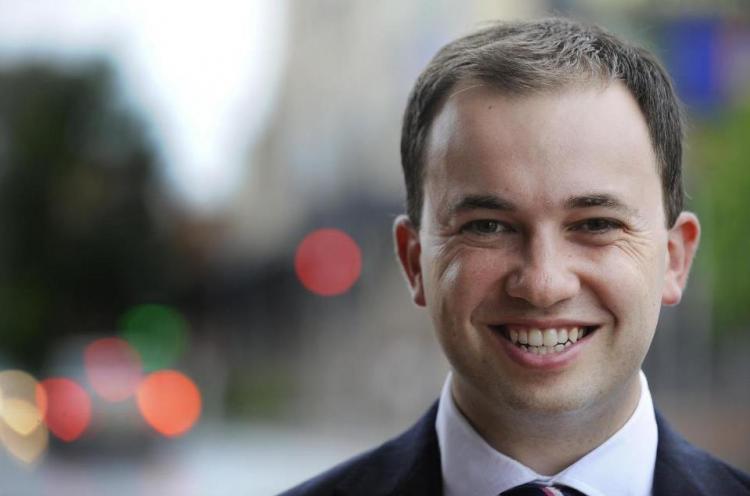
Mr MATT KEAN (Hornsby) [6.27 p.m.]: I ask the House to note as a matter of public importance the issue of suicide prevention. This is a matter that is very close to my heart. I want to begin by talking about a young constituent of mine named Laura who last year committed suicide.
She was only 18 years old and had just graduated from one of the local high schools in my electorate. She was vibrant and intelligent and loved by her family and friends—and I know that they loved her. The tragedy is that Laura's story is not a unique one. This year alone over 2,500 Australians will take their own lives, and scores more will attempt to. Statistics show that 65,000 Australians will attempt to take their own life this year alone. In fact suicide is the leading cause of death for males under 44 years of age and females under 34 years of age. Every day six Australians die from suicide. If six Australians died at our beaches every day of the week there would be a national outcry. It is a national disgrace that this happens and it is time that something is done.
Two years ago during my maiden speech in this House I called for the O'Farrell Government to spend as much money on suicide prevention and awareness campaigns as we currently do on road safety campaigns. This year alone more people will die through suicide than will die on our roads. The reason that is the case is that we as a community and governments of all persuasions have over the years worked together to reduce the devastatingly high number of deaths that occur on our roads. When we turn on the television we cannot help but be struck by messages about safe driving—the importance of slowing down, wearing a seatbelt and not drinking and driving. I am sure that everybody in this House would remember the "pinky finger" road safety campaign—no doubt the member for Port Stephens would be all too aware of it. Those campaigns have helped raise awareness about the importance of safe driving and what not to do on the roads. We should be running the same sort of campaigns in the area of mental health awareness and suicide prevention.
Suicide is preventable. It is something that we all have a stake in; we can all contribute to reducing the number of suicides in this country. Today marks World Suicide Prevention Day, which provides an opportunity for people to talk more openly about suicide and raise awareness that suicide can and must be prevented. All the evidence suggests that access to crisis support, intervention and education can have a major impact on reducing the rate of suicide and, indeed, preventing it. We pay a high price for allowing suicide to be shrouded in shame and silence. By that I mean that if people are not aware of the help that is available, if people are not aware of who to turn to in a time of crisis and if people are not aware of the signs to look for in their friends and family, then we are unable to take the step of preventing suicide. Despite the fact that suicide is the major killer of Australians in the prime of their life—claiming one Australian every three to four hours—most people are unaware that it is our most preventable public health and social issue. People are not aware of what help is available and how to access it. That needs to change.
The theme of World Suicide Prevention Day this year is "Stigma: A Major Barrier to Suicide Prevention". The aim is to lift the cloud of stigma that prevents people who are in trouble and their loved ones from seeking help. Tonight I repeat my call that we must spend as much money on suicide prevention and mental health awareness campaigns as we spend on comparable campaigns such as those aimed at improving road safety. Suicide is preventable, but we all have a role to play. It is not only the role of governments and mental health advocates; it is the responsibility of us all. We can play our part simply by having a conversation. This Thursday is R U OK? Day. This initiative encourages people to have a conversation with their friends, neighbours and relatives, and ask them whether they are okay. The simple action of starting a conversation can make people aware that someone is in trouble and needs to be put in touch with help. That step alone may help to save a life. The R U OK? Day conversations will go a long way to preventing suicide, and we need to do that now more than ever.
Read the full Hansard transcript here.
